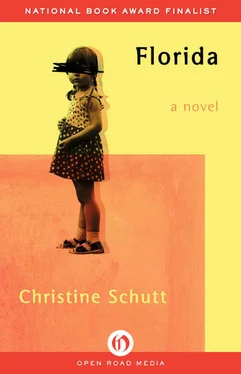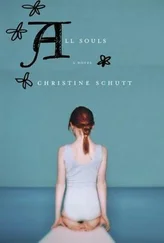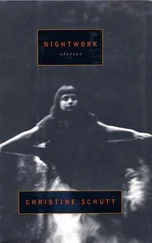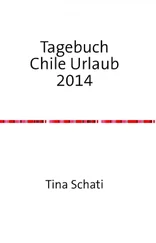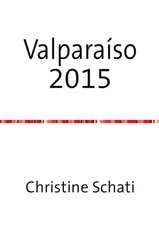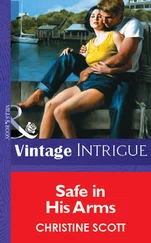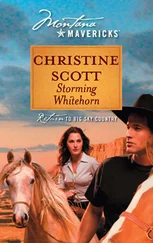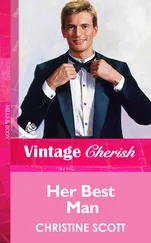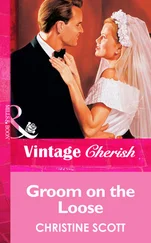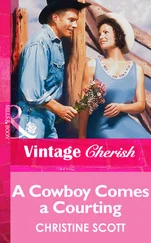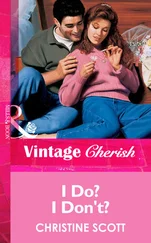Norma went on living to be ninety-something; my father was dead at thirty-seven.
LATER, WHEN I WAS struggling with calculus, Arthur ignored how we crossed county lines. He was talking along the long stretches we drove after school while I, driving, could only listen. I was driving Nonna’s unused car, and Arthur was sitting next to me, instructing. He kept his window open and put out his arm when the sun was on his side. He told me that the medicines he now took sometimes made him sleepy. Arthur talked and talked and talked a lot about himself in the way he had when his heart broke and he outfaced surgery and came home well.
“This thing with my heart,” he said, “made me ask lots of questions I never asked before.”
I thought he was changed, too. He was careful in the way he moved. For lunch he ate dryly cooked fish he only flicked at with his fork — eschewing even relish, saying, No. No and a sigh were his gestures, but I was glad — glad! — we were driving together again, and I was at the wheel.
“Want me to park?”
“No,” he said, “drive on.”
And I did. I drove on through the spattered light of fall, the warm, monied promise of it, the lights saying, Yes, it is possible: Purpose might find me and success might follow. My father could have been a poet; it is not absurd.
“It is possible your mother might come home,” Uncle Billy had told me a long time ago, and I had felt afraid of what might happen if she did, and then she didn’t come home, yet I was still afraid, often lonely — surely thirsty.
No one was ever as happy or as sad as she was, my mother, who might have come home to claim me, but she didn’t.
MOTHER HAD USED OVERCOOKED bacon for a bookmark or a hair pin, stick of gum, sucker-stick, twig — whatever was at hand. Her books were paperbacks, she said, and it didn’t matter how the water-swelled pages fanned, dried, stuck together. “Paperbacks,” she always said, “a great invention.” I read the way my mother did. I was impatient. I cut the uncut pages in Uncle Billy’s fancy books (sets of Tarkington and Conrad) with my finger for a knife until, found out, Uncle Billy took away my ragged Bleak House.
At Uncle Billy’s I learned to read behind the curtains and the guest room’s dresser skirt, but I could wander anywhere at Nonna’s and read.
Books, the orphan’s consolation.
“‘That head I see now … has it other furniture … within?’” I wanted my own Mr. Rochester and found him in the shape of Mr. Early. High school English, last two years:
By seventeen I had guessed
That the “really great loneliness”
Of James’s governess
Might account for the ghost
On the other side of the lake.
If the head was a room, I wanted mine cluttered, stuffed, Victorian style. I wanted Mr. Early’s praise, but the rebuking length of Mr. Early’s sentences, and the speed with which he delivered them, often left me dumb and angry, and the only assuagement was he spit. Pinball body, angry nose and bald spot, Mr. Early was a class joke except for what he said when he spoke; then the dwarfing capaciousness of his complex speech and the seriousness of his sentiments made us quiet.
Once, bending to where I sat shaking my hand out of cramp, he rolled my pen into the pencil groove, stroked my arm, and spoke: “Dear Alice, you don’t have to tell the whole story.”
Yet I wanted him to know how well I knew the story, better than anyone else because I was not like anyone else but special, inward, informed. I wanted to say: I have seen such things.
Days when, from nowhere, unappeasable, punishing sadness kept me at the Big House, and my name in the roll went unanswered, Mr. Early sometimes called to see how I was. We could have used you, today, we needed you, are you feeling better?
Yes! from Mr. Early. Good point. Well put. Exactly. I got this subject right. Mr. Early was excited, and I was responsible for his delight, and I kept him at his desk asking, What do you think about and What do you think about … and Mr. Early said, You tell me.
“You bring back how the red-winged blackbird shrieked …”
Mr. Early gave me the poems by the poet with the goofy name, whose affection for his daughter made me sad.
Once I told Mr. Early that my father had wanted to be a poet, and Mr. Early said, “That’s where you get it from. All the more reason you should,” he said, by which he meant I had to do for my father what he could not now do for himself.
“I don’t know,” I said.
“Yes.”
“I don’t …”
“You do.”
THE PREPOSTEROUS BLOSSOMS, CANDY pink and stupidly profuse, were in the night light strangely come as from another planet. But about time was what Aunt Frances said, “Spring? We never thought we would see it!”
Wash the windows then. Ruck the garden. Scatter seed. The dots of yellow in the wood, the spiked, green start of things: snowdrop and daffodil and crocus.
My father never came back — no matter what he may have promised. He took off one morning in the car we called the Mouse: gray, rounded fenders, a grill that looked like a snout and a decoration of chrome banding the hood for whiskers. The Mouse was a harmless name for a harmless looking car, and it killed him; or it was the water that took his life though he drove to it. The rolled-up windows imploded, sounding the glassy dazzle and rush of water as my father passed down and down in what might have been a lie, this story of how he died. I never did see him again. He was elsewhere buried after he was found.
Late spring, hard ground, then from out of nowhere nodding flowers and loaded branches.
“EVERYTHING CONNECTED BY ‘AND’ AND ‘and,’” the poet writes on travel; I have some lines by heart. In the dark of the car, they occur; the words flare, and I see the driver’s neck. Hairs curled over a collar, a creased skin — white or reddened — always damp is how the driver’s neck looks to me. I will not touch him there — any more than I would touch my father there or the men I took for fathers. A father’s breathing, I remember, a breathing close and wet in my ear. The beard merely scorches.
My father.
My father is a name and the black oily roots of hair in damp, creased places. My father is a cutout — stark, defined — a standard man as seen by me from behind.
I am seated behind the driver and considering his neck and rising water rising to his neck and the kind of cold it must be creeping upwards with the water.
The passing scenery is passing.
ALL THOSE YEARS I was always ready when the time came to leave, yet Arthur teased. He said, “I thought you wanted to stay.” Aunt Frances, too; my Aunt Frances said, “Now you’re sure? We have room.” Nonna was fretting when I left her, kneading the blanket’s silk banding even as she turned to be fed.
I was glad to be the one leaving — for camps and schools and college — but my intention was always to come back.
OLD DEAD HANDS PRAYERED, a draped arrangement of draping skin, a fleshy hem colored to look alive by the gentle mortician, Nonna was in the casket, and I was at her side, yet “the glazing eyes shunned my gaze,” or that was what I was remembering about her as we drove to her interment.
Arthur had driven us — Uncle Billy, Aunt Frances, me — through a gardener’s rain that gullied the tent as we stood at the site, Nonna’s gravesite, brighter greens, June, plate-sized peonies beaten in the downpour, the coffin shiny.
Читать дальше
